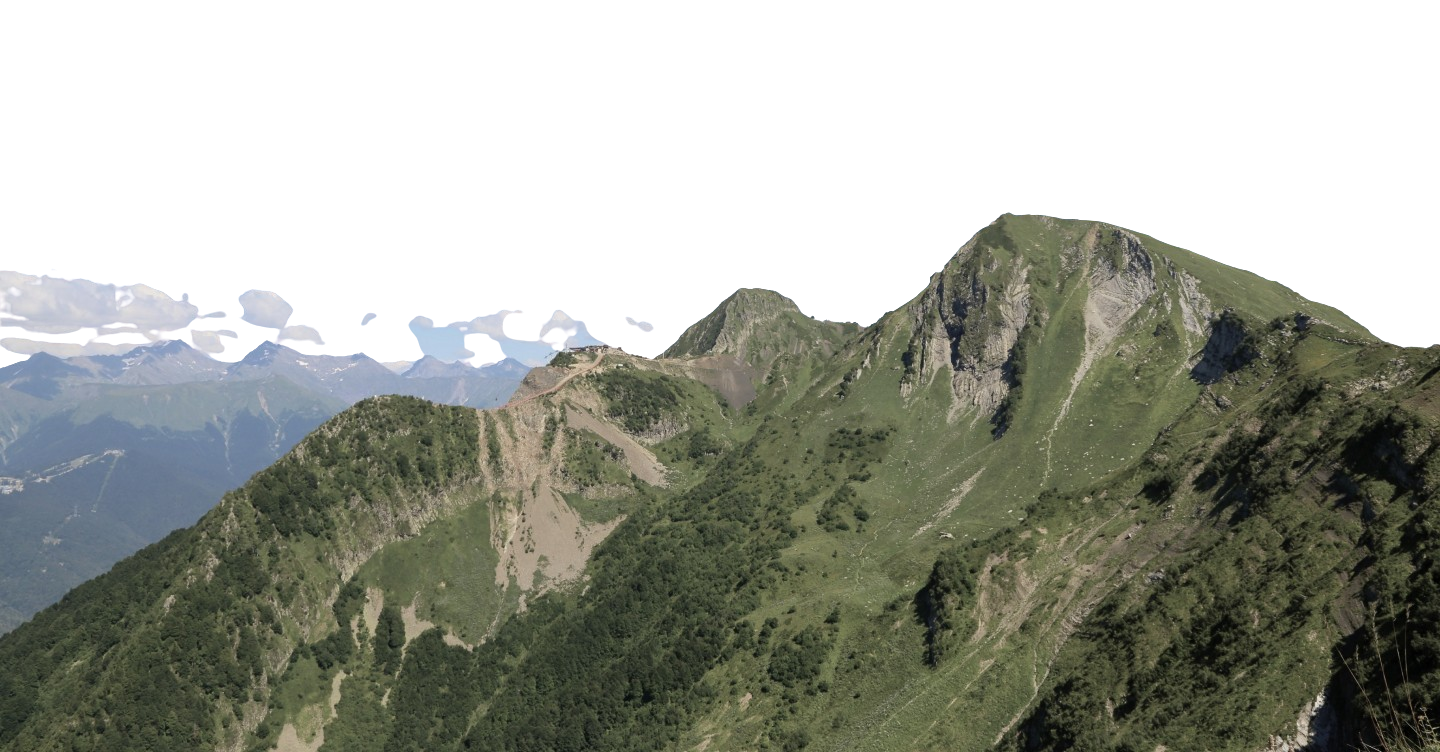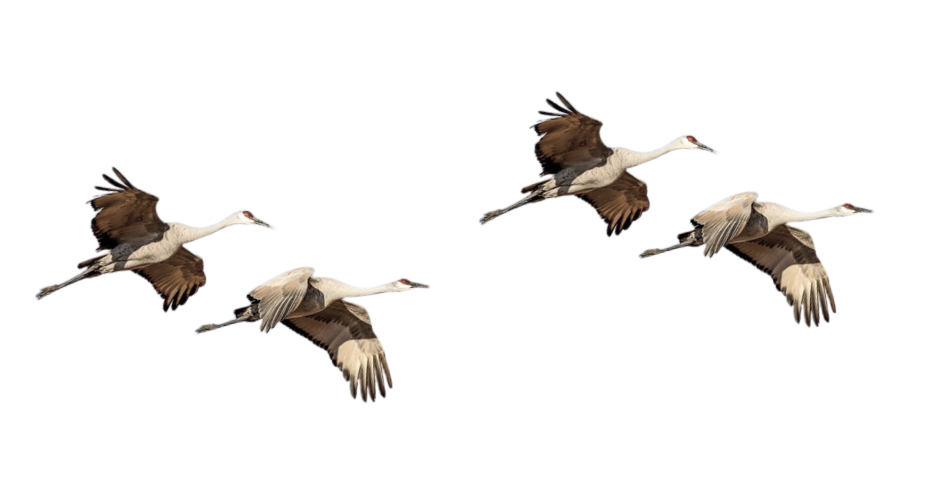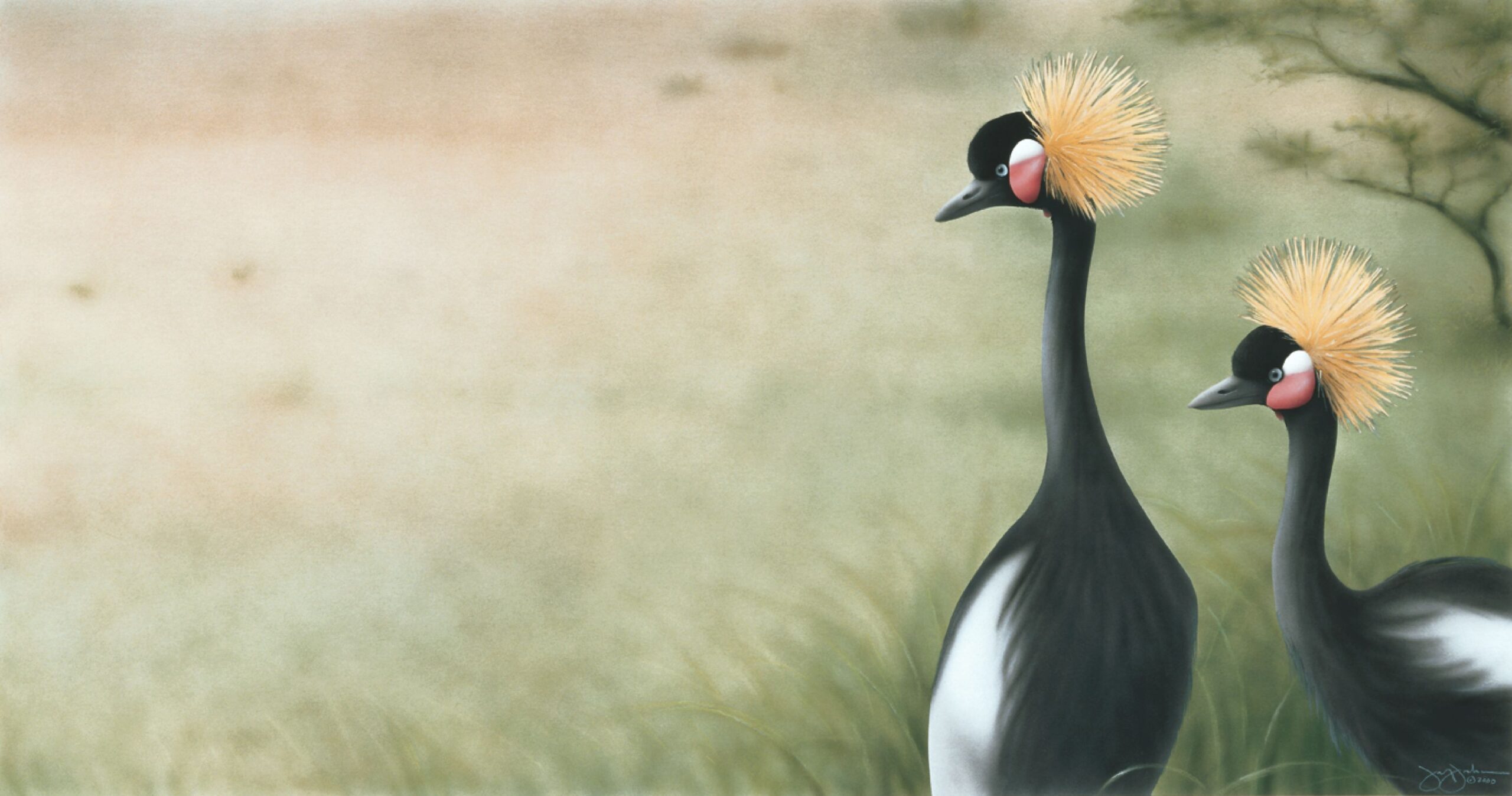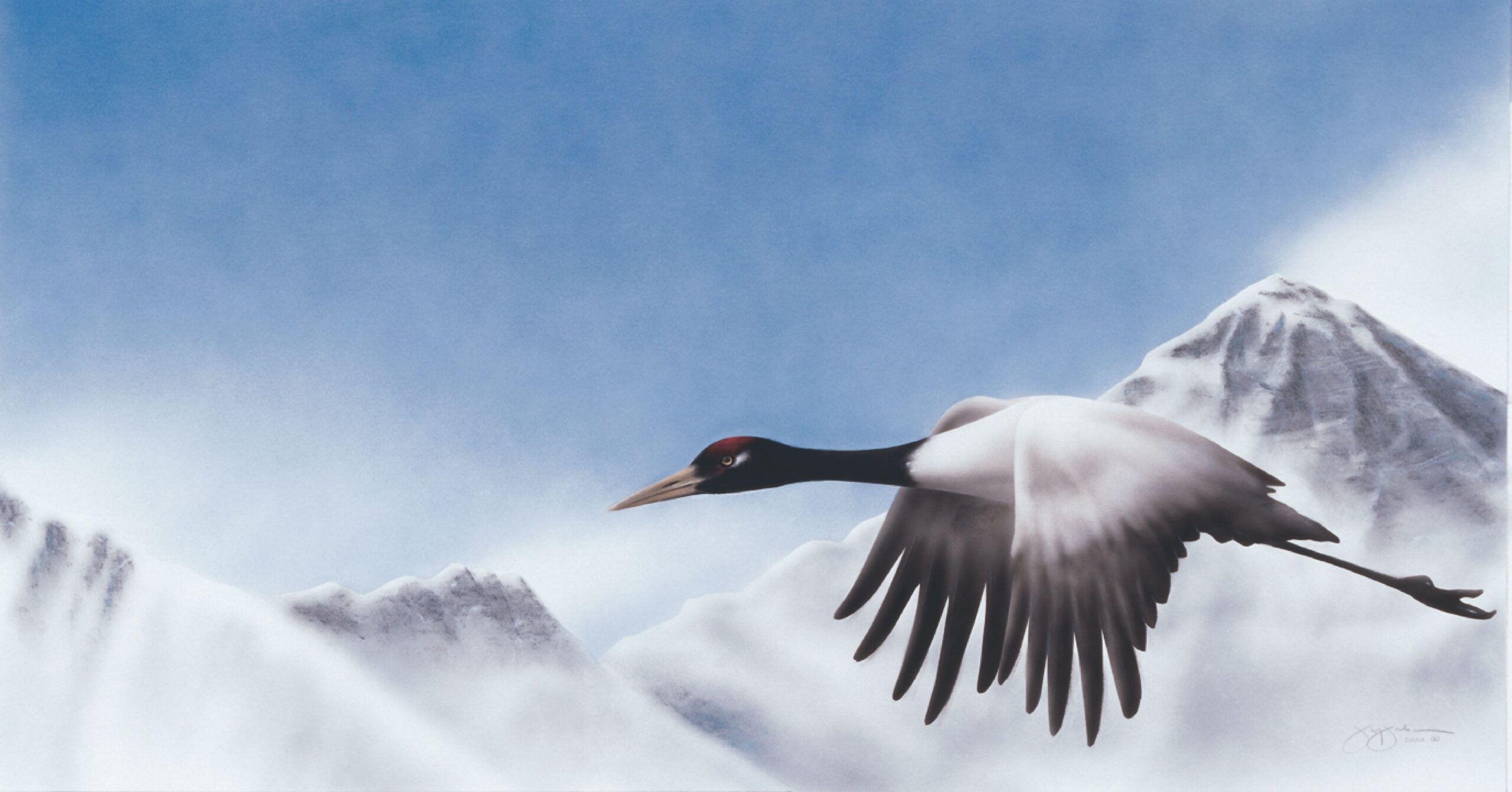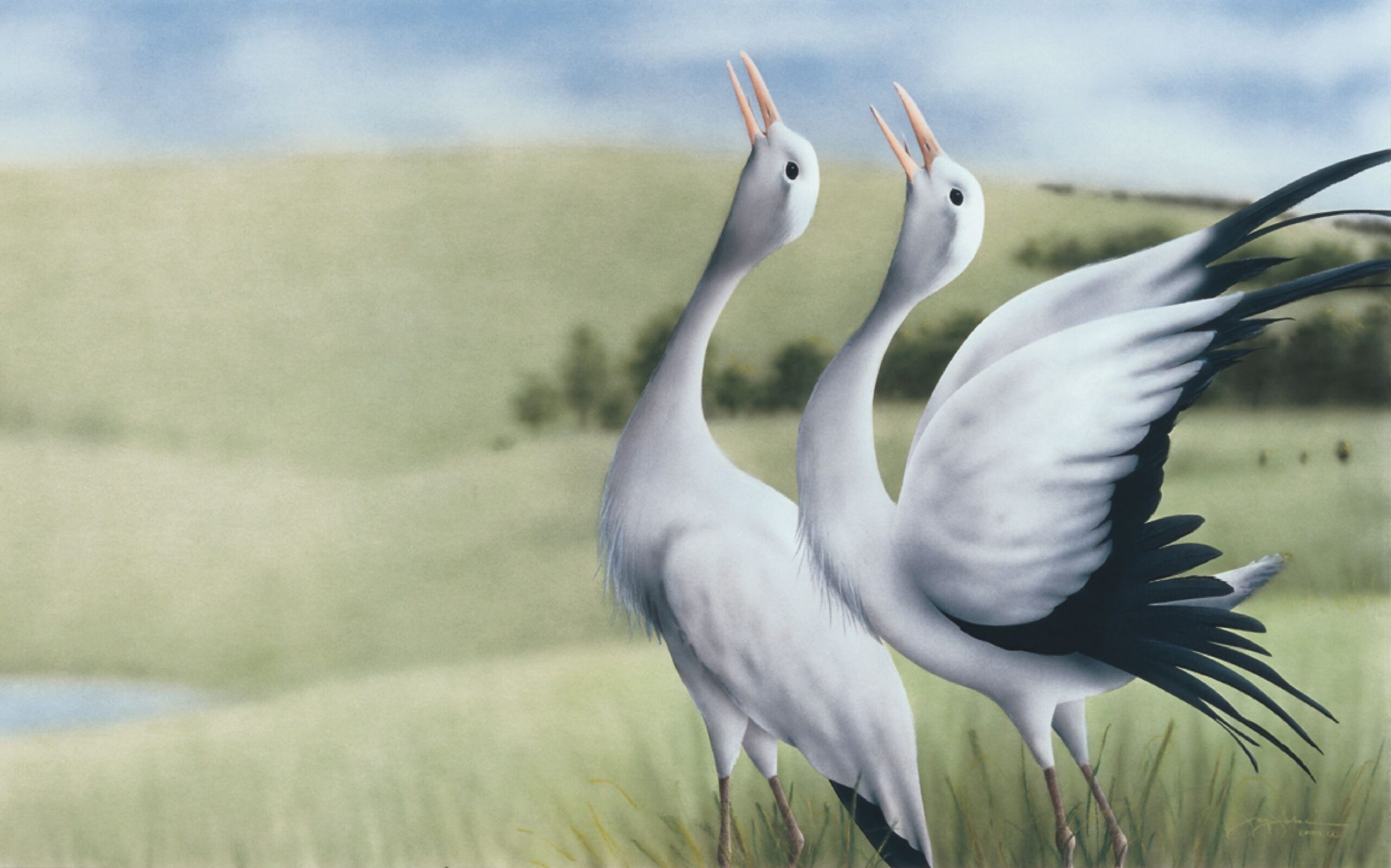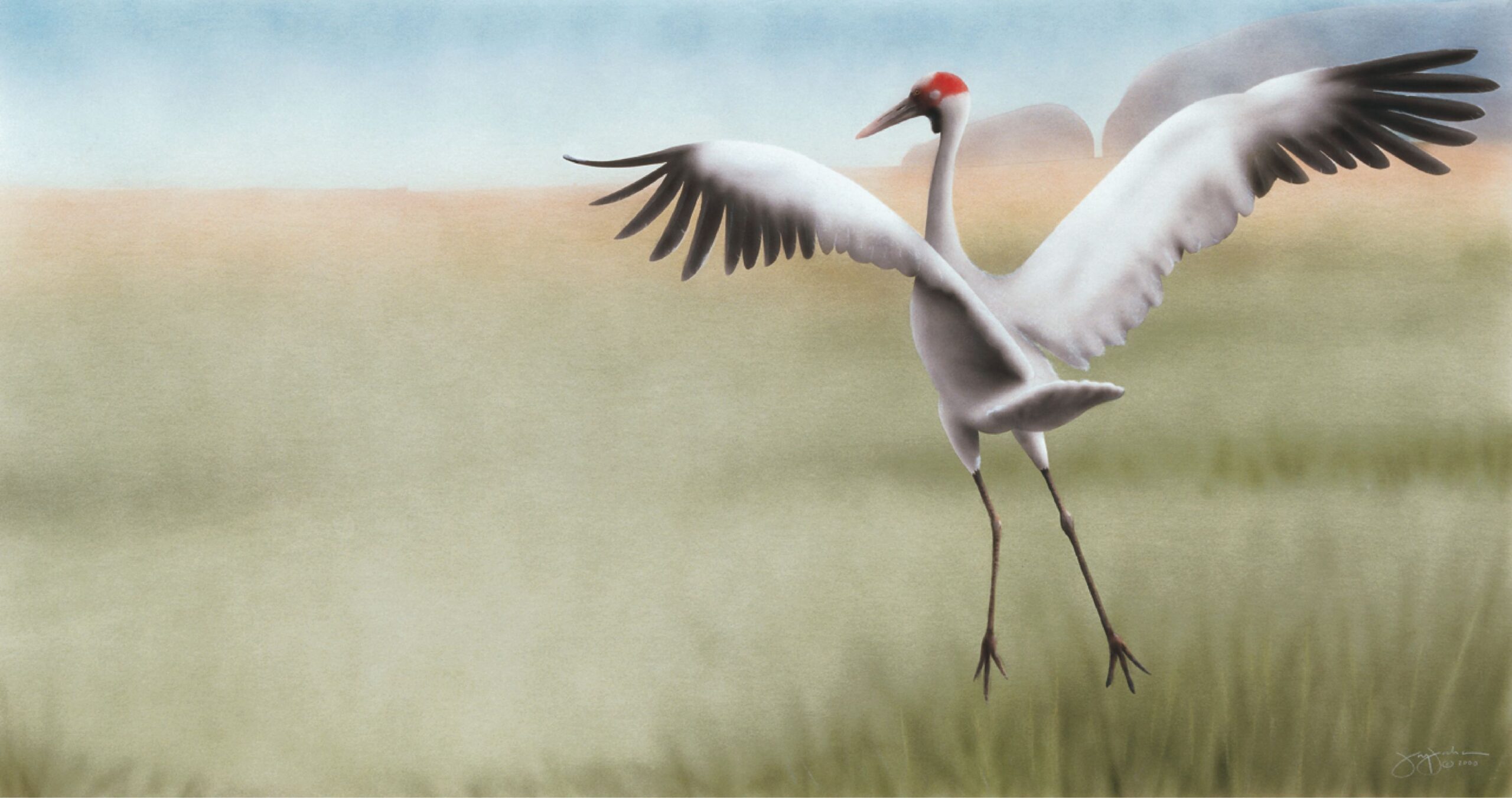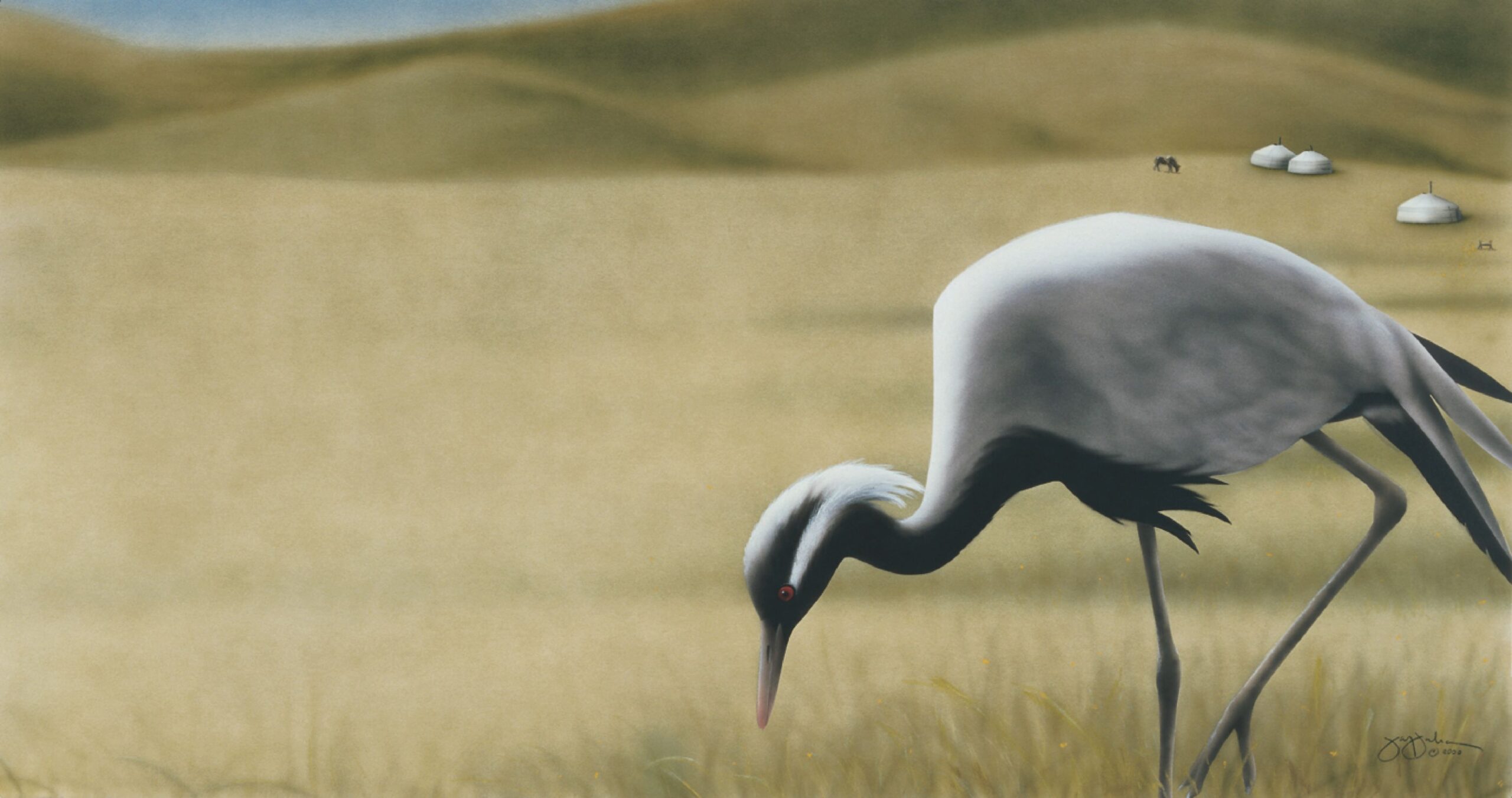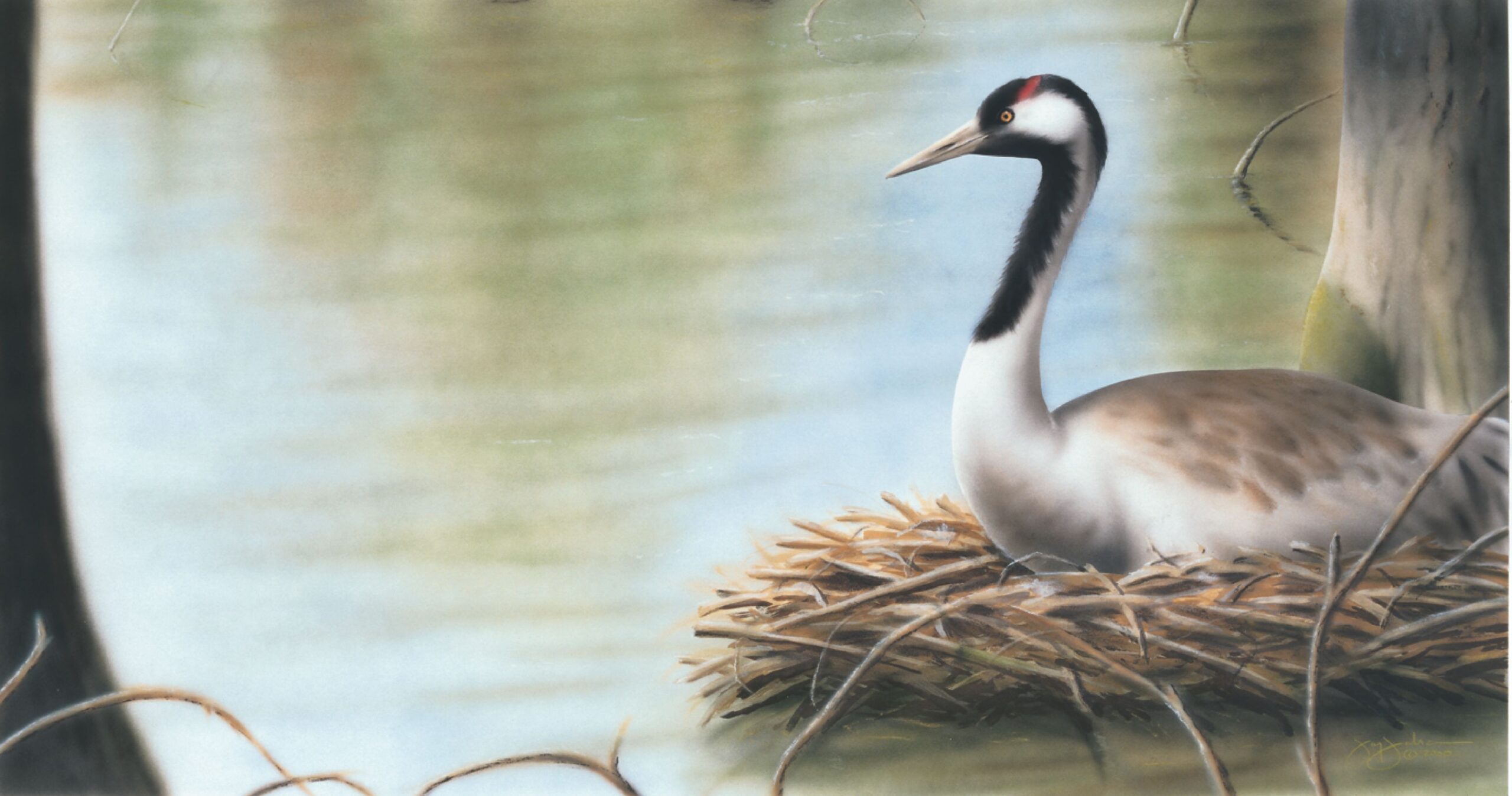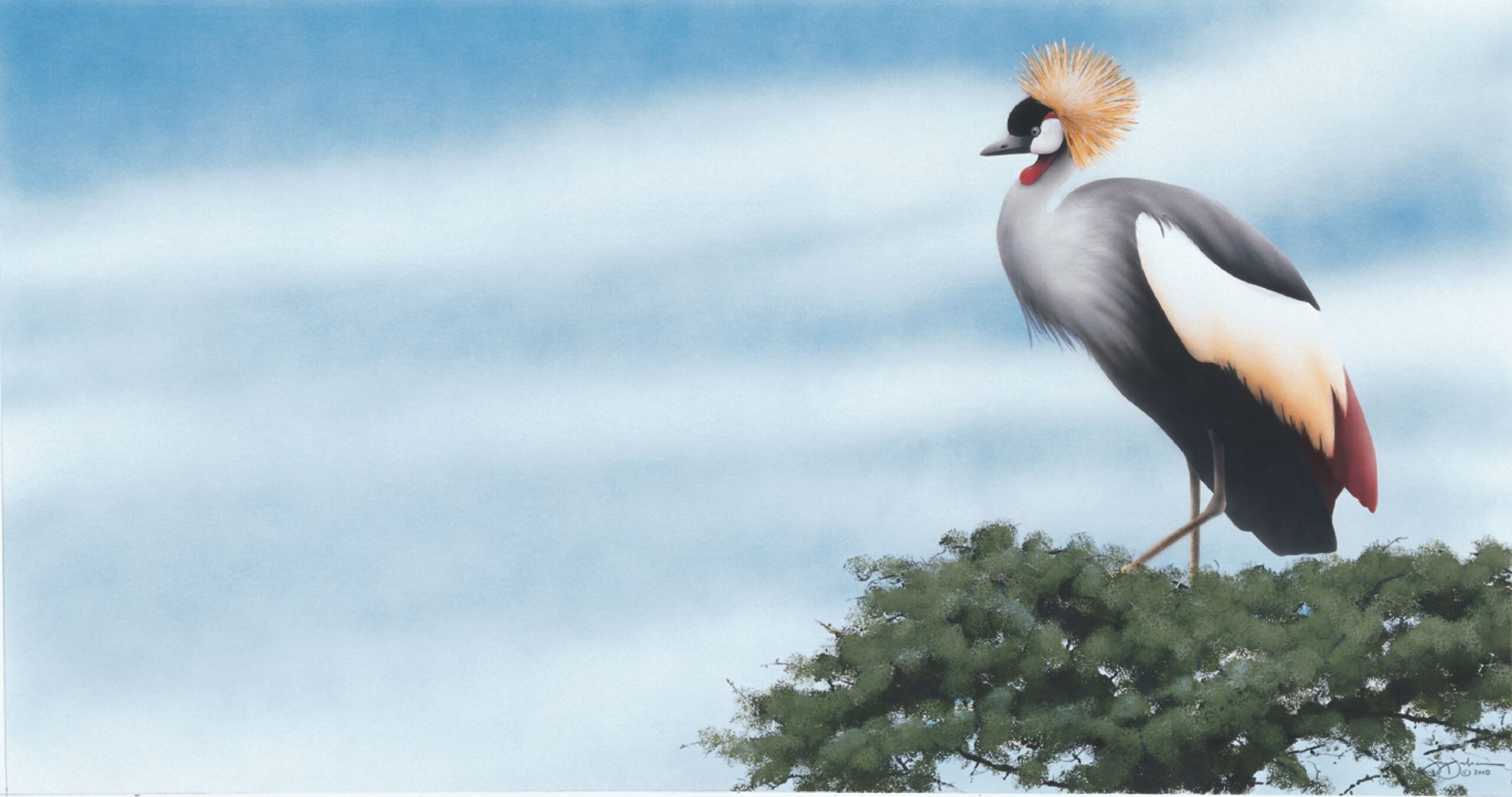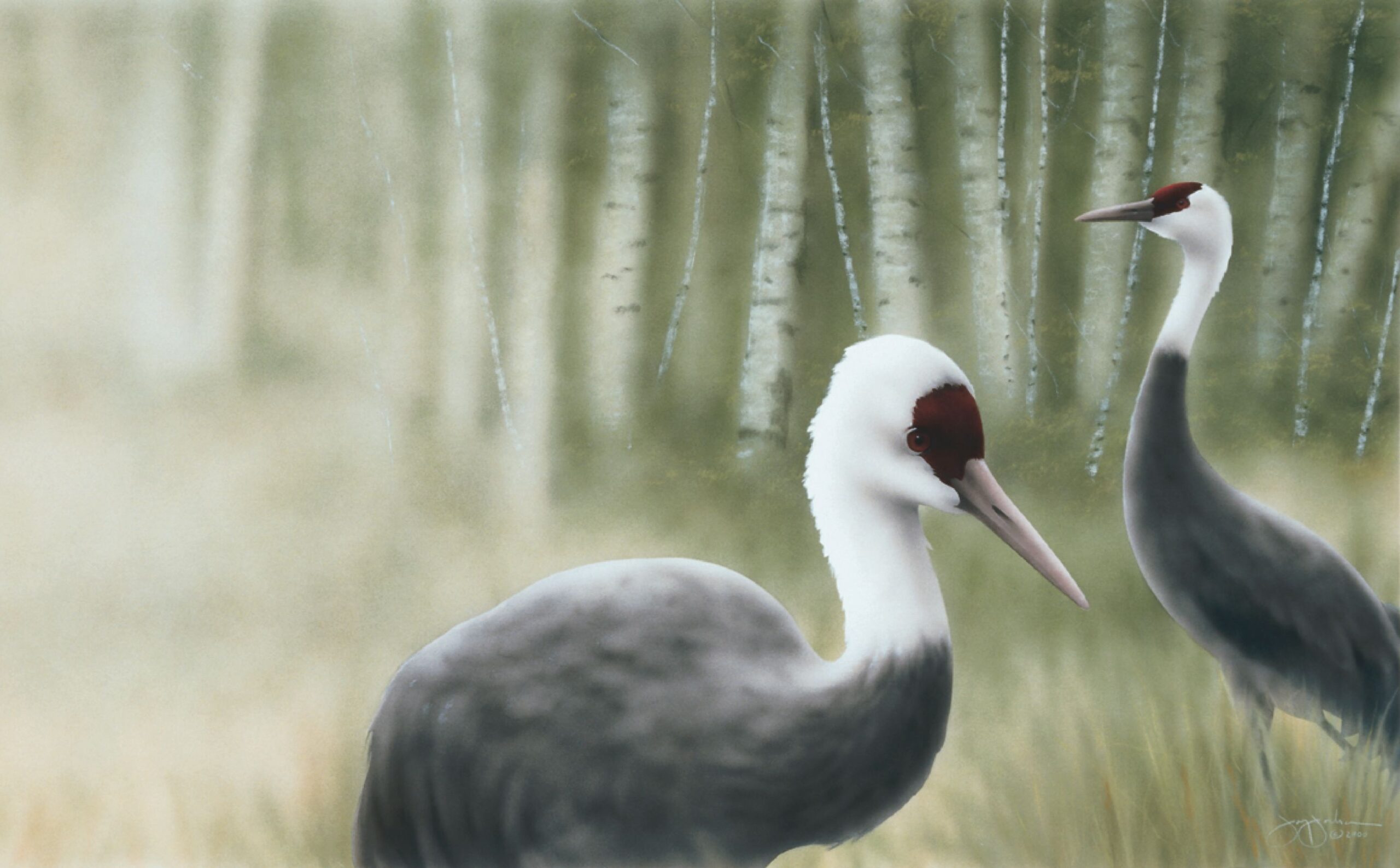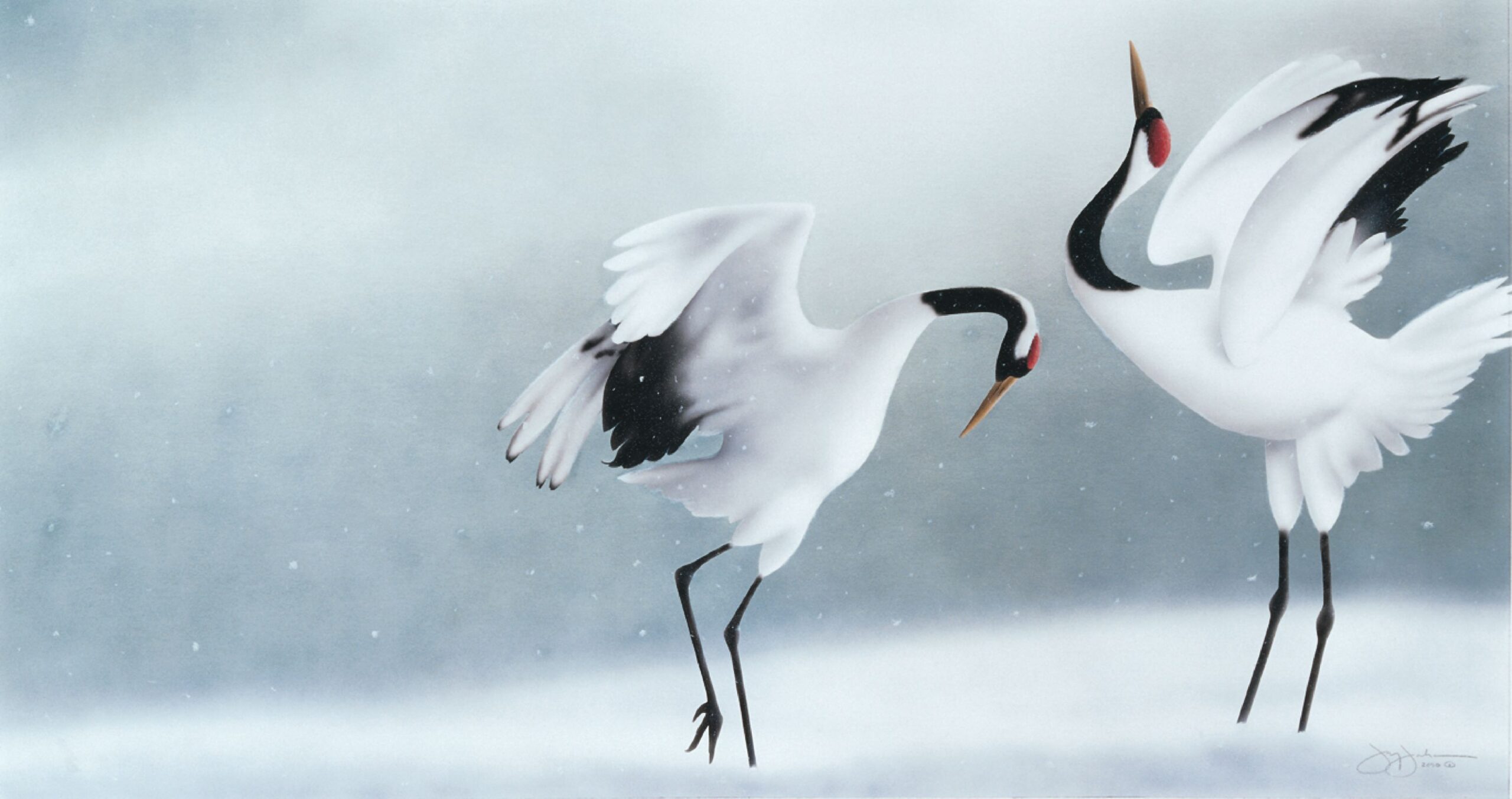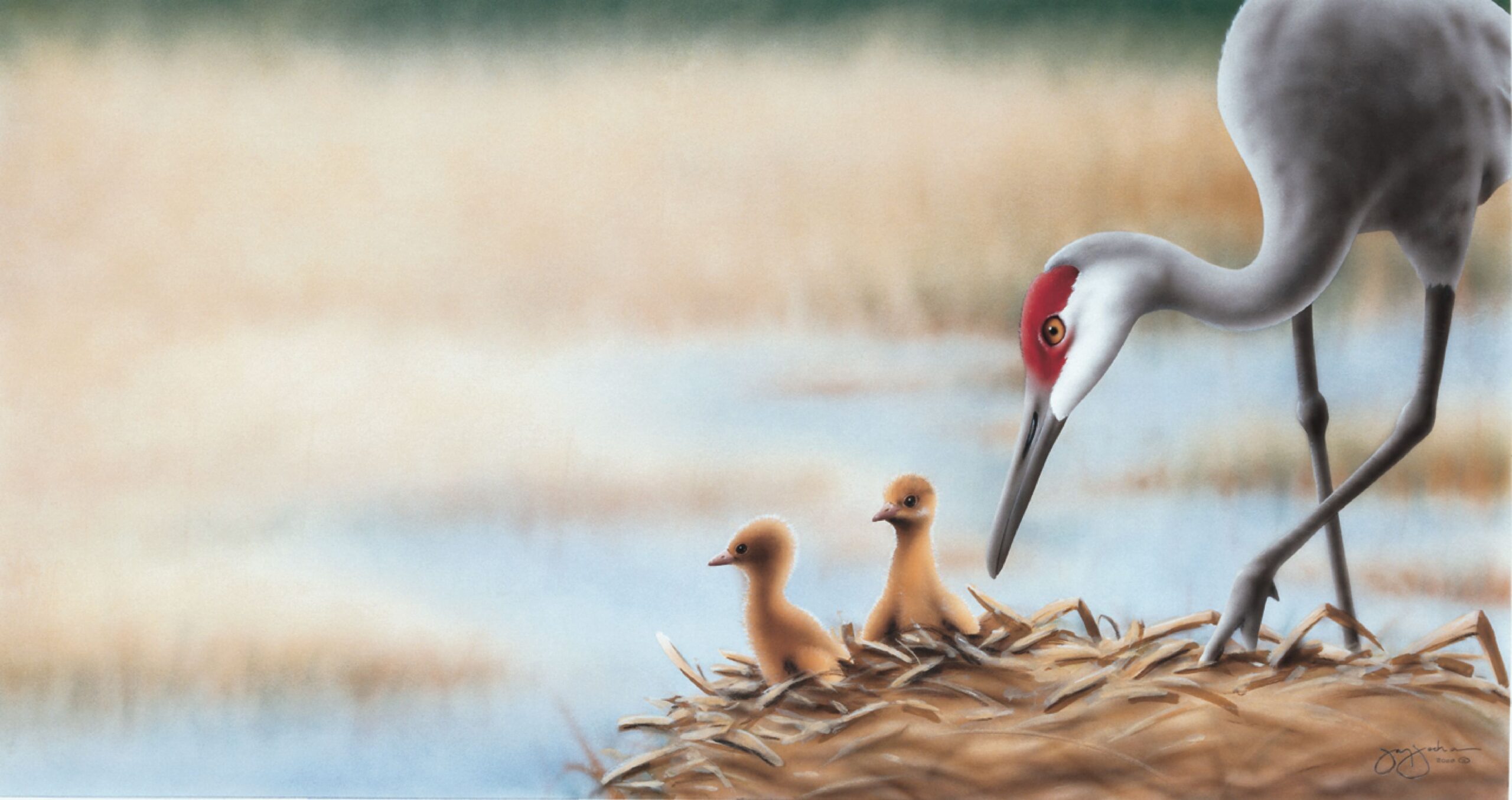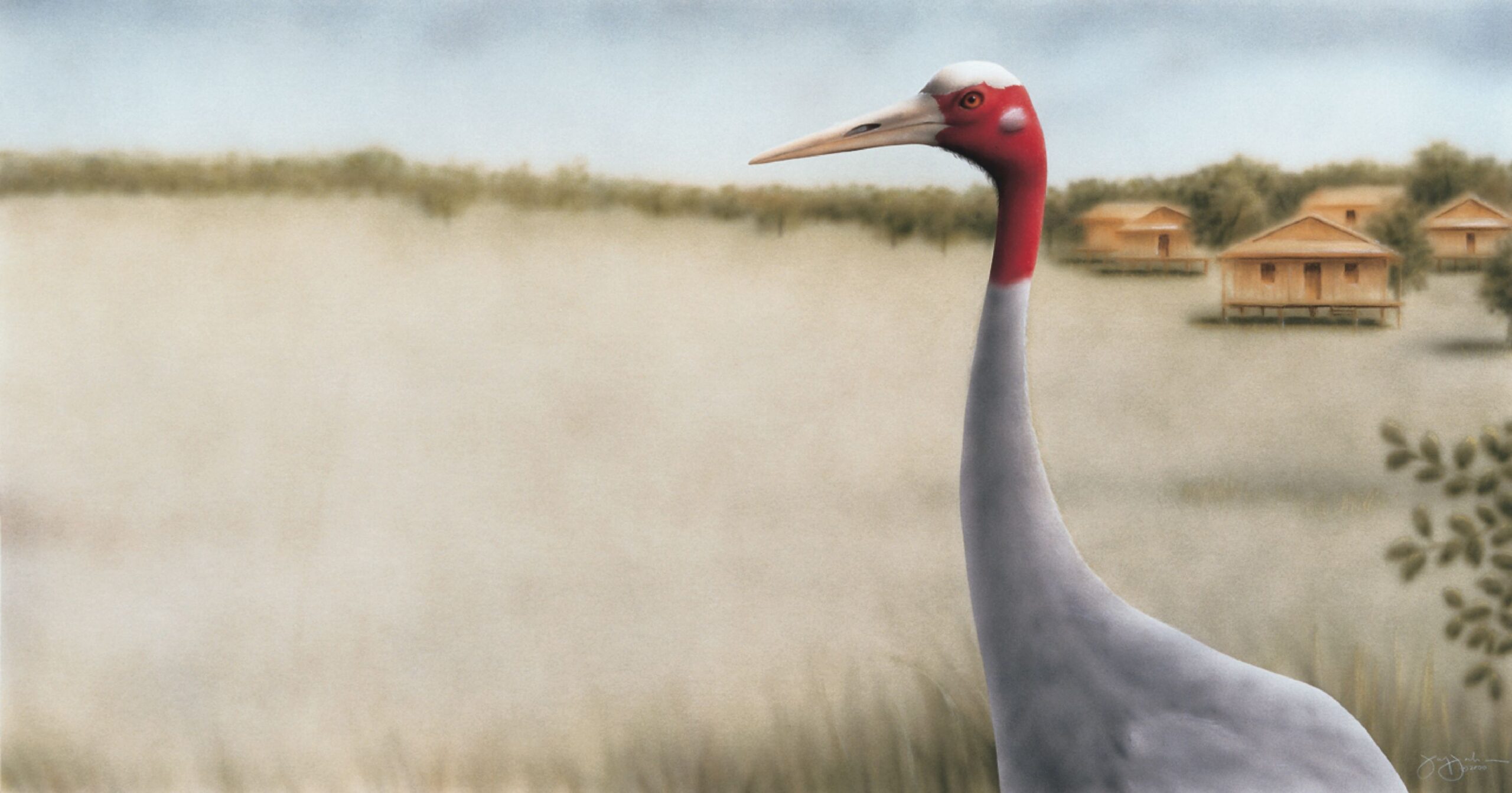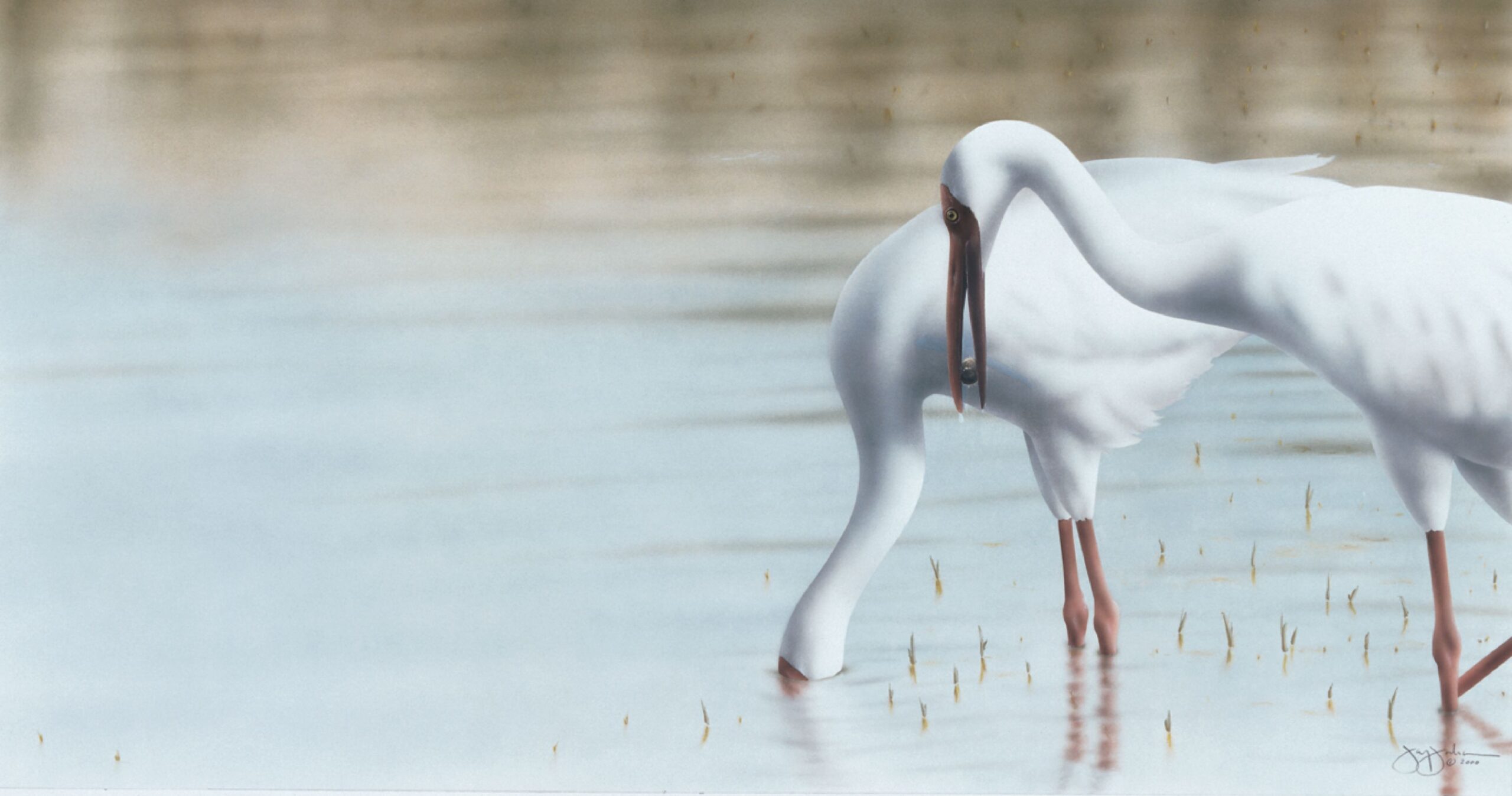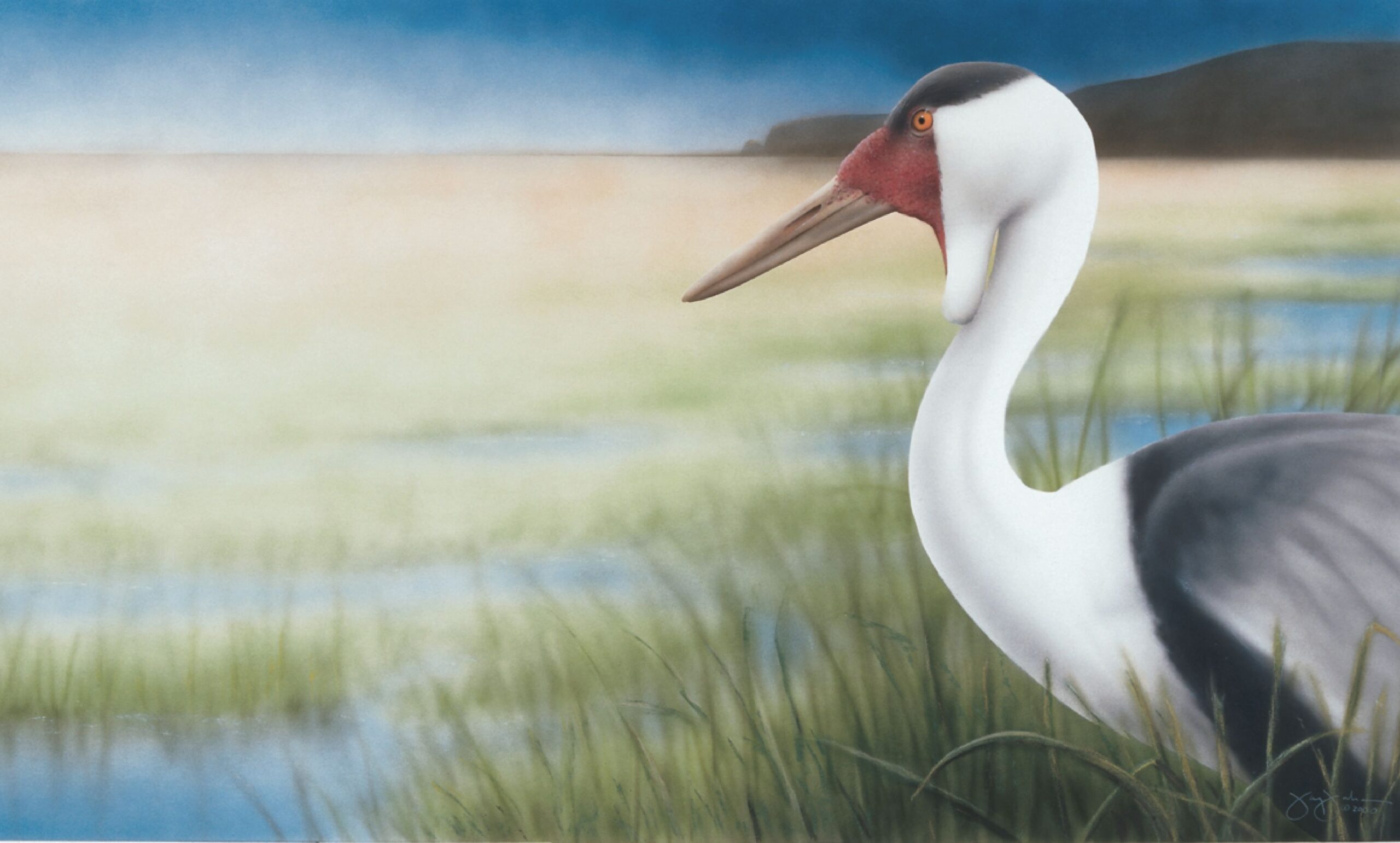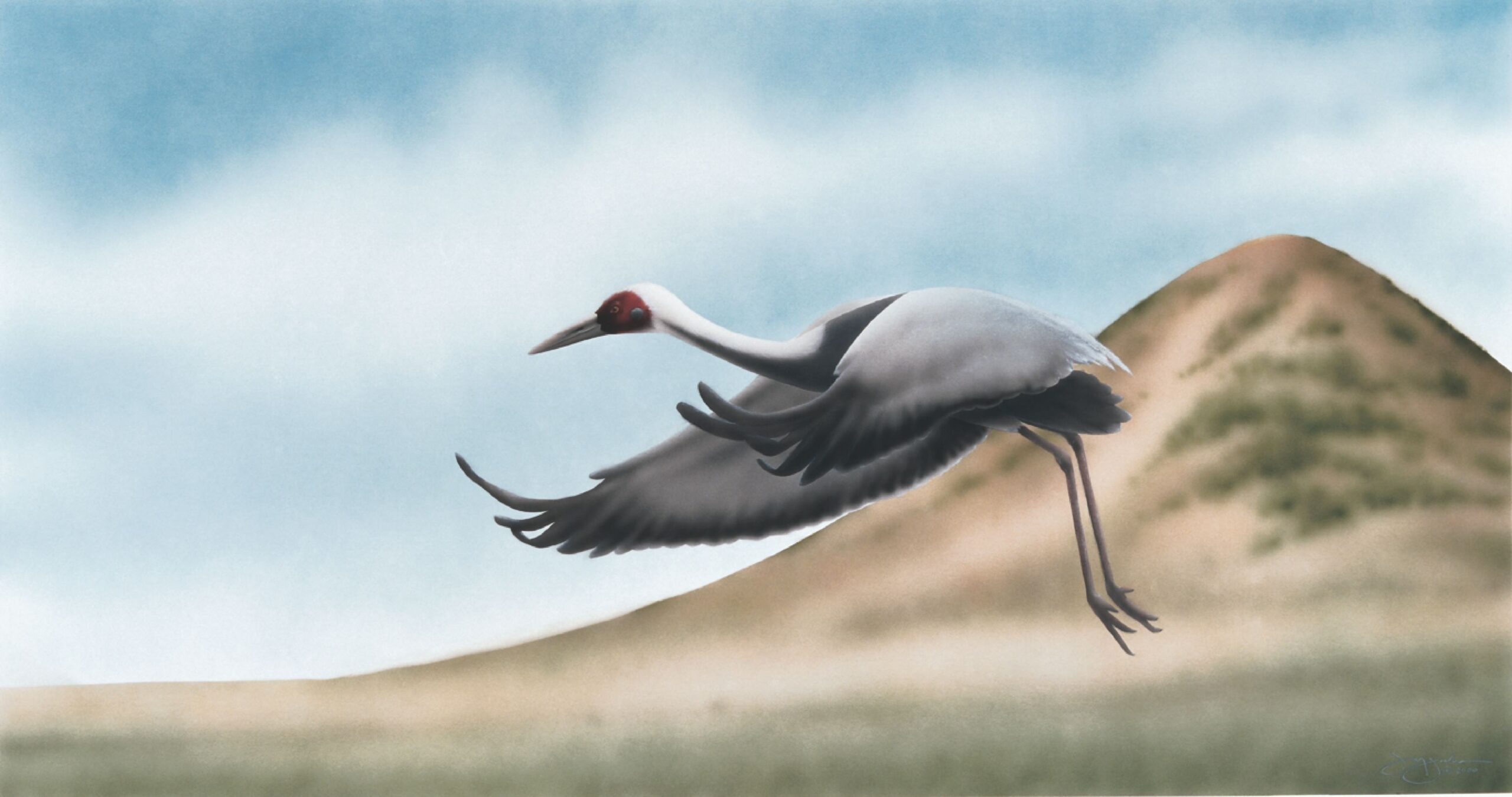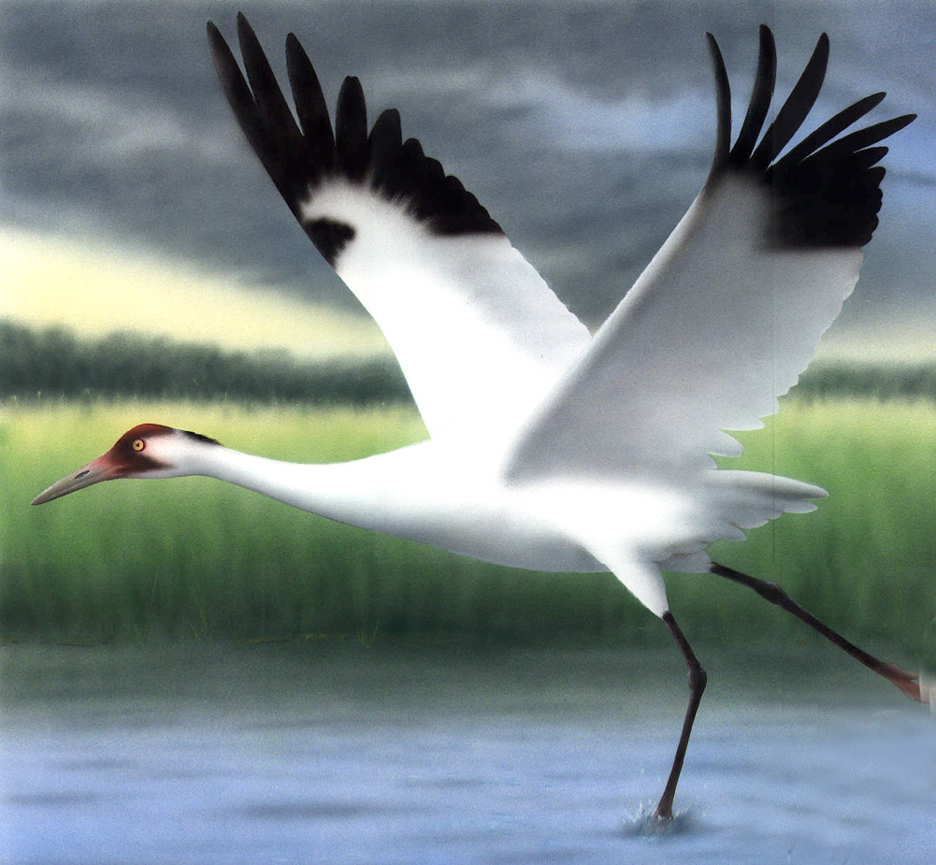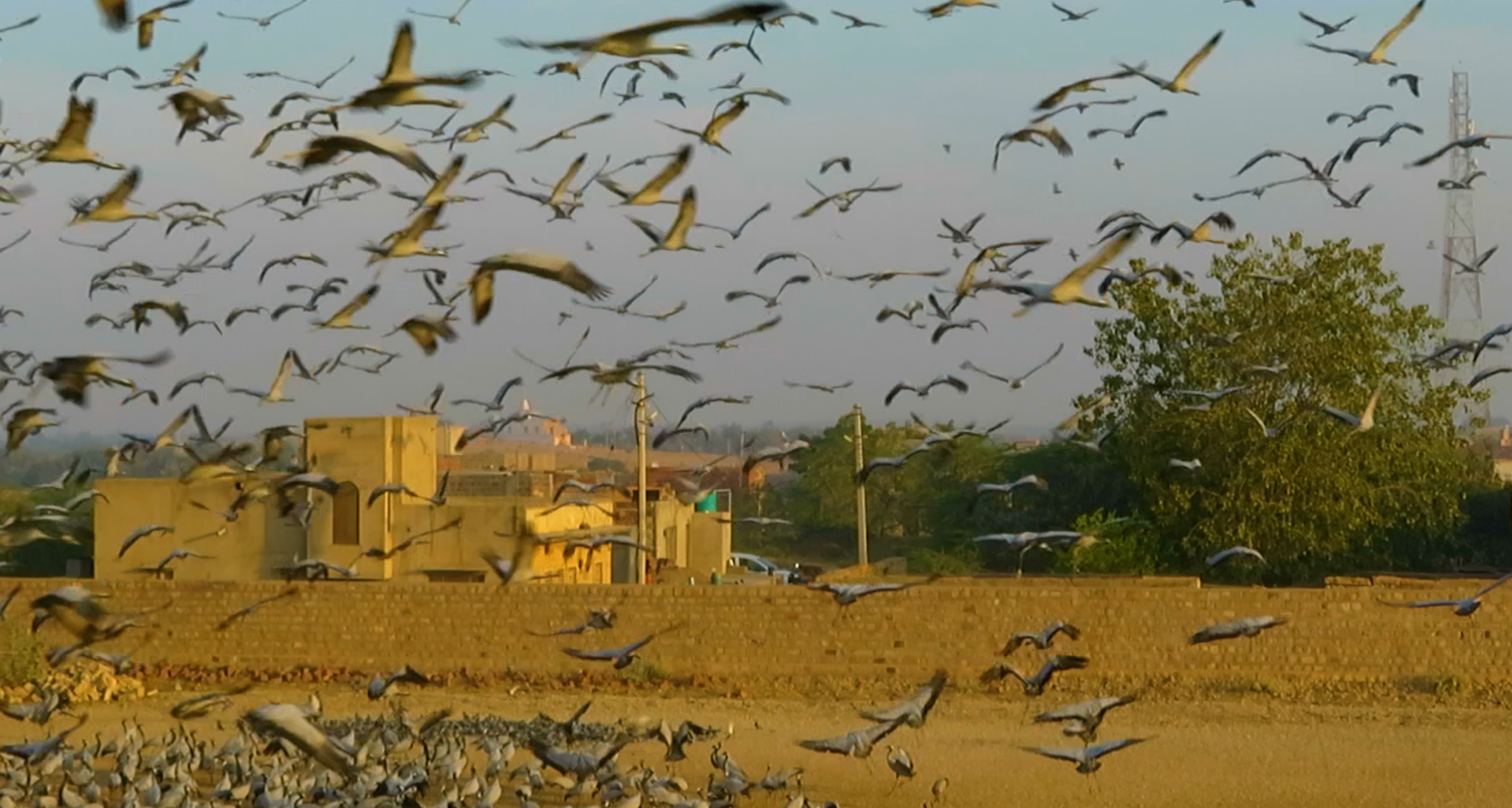

Cranes CONNECT US
A world where cranes can flourish—and people can thrive.
A GLOBAL
CONSERVATION EFFORT
Conserving all 15 species of cranes requires a broad commitment to the people and places essential to cranes. Since the International Crane Foundation’s inception in 1973, we have dramatically grown in reach and impact while steadily developing our capacity to address the health of the landscapes that sustain not only cranes but also people and a wealth of biological diversity. Cranes truly are ambassadors for conservation, representing some of the most important places on Earth.
Our work spans four key regions: Asia, Africa, North America, and our Global Headquarters in Wisconsin. This global presence enables us to implement effective conservation strategies tailored to each region’s unique challenges and opportunities.
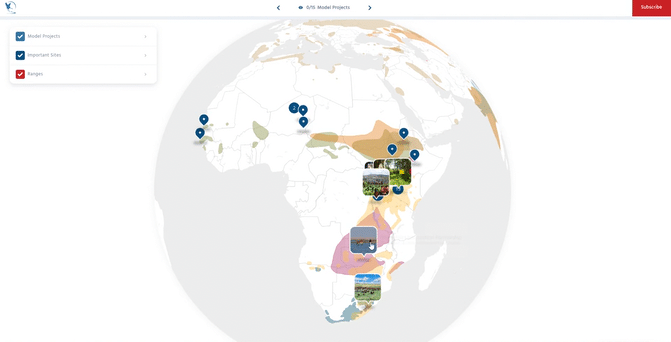
THE WORLD OF CRANES
Discover the World of Cranes through our global model conservation projects. You can also explore additional important crane sites around the world and the ranges of each of the 15 crane species.
Use your cursor to rotate the globe and explore how cranes connect us!
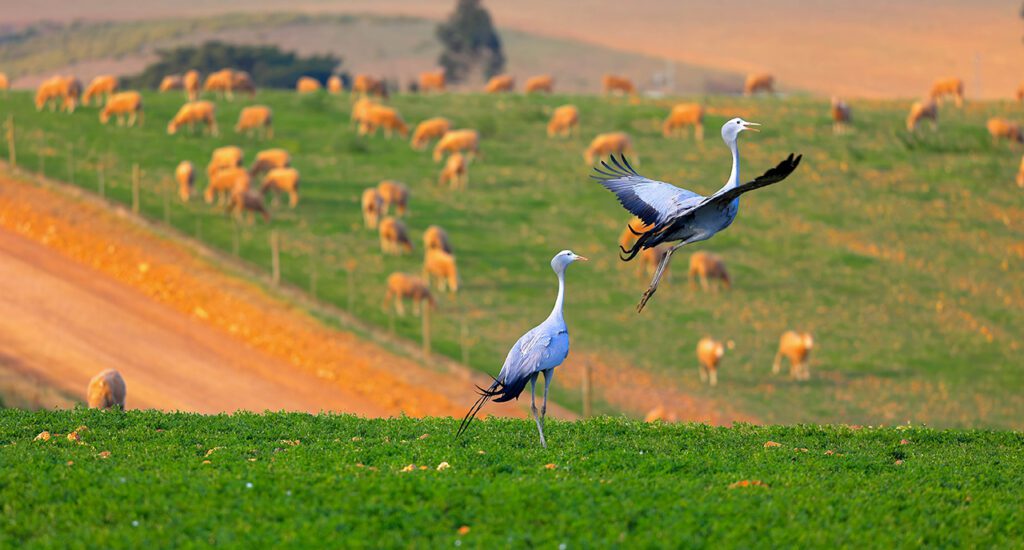
There is growing concern for the future of South Africa’s national bird, the Blue Crane, which has been uplisted from Near Threatened to Vulnerable in the Regional Red Data Book 2025. The uplisting reflects a high risk of extinction for the species in the wild.
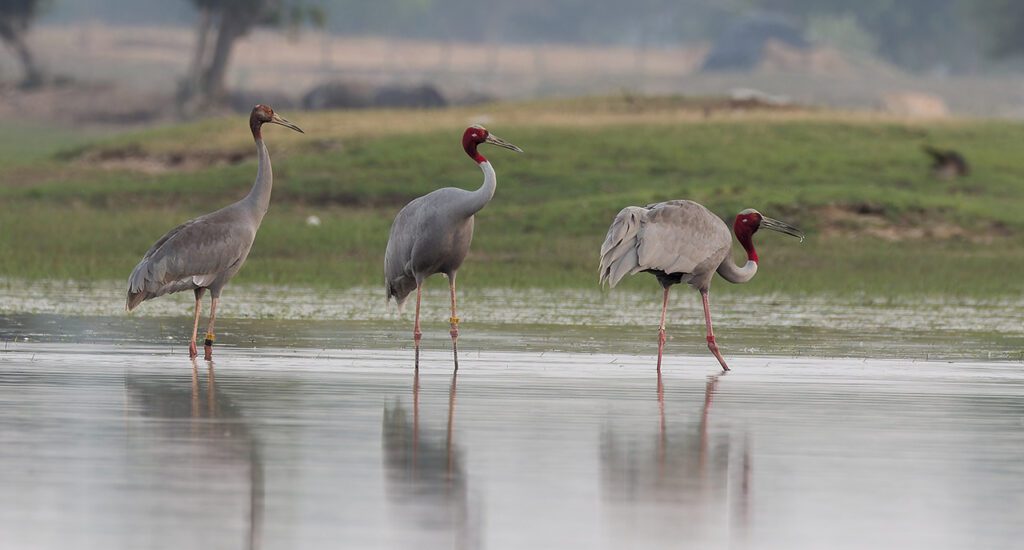
Six juvenile Sarus Cranes will soon have a new home at Tram Chim National Park in Vietnam’s Mekong Delta.
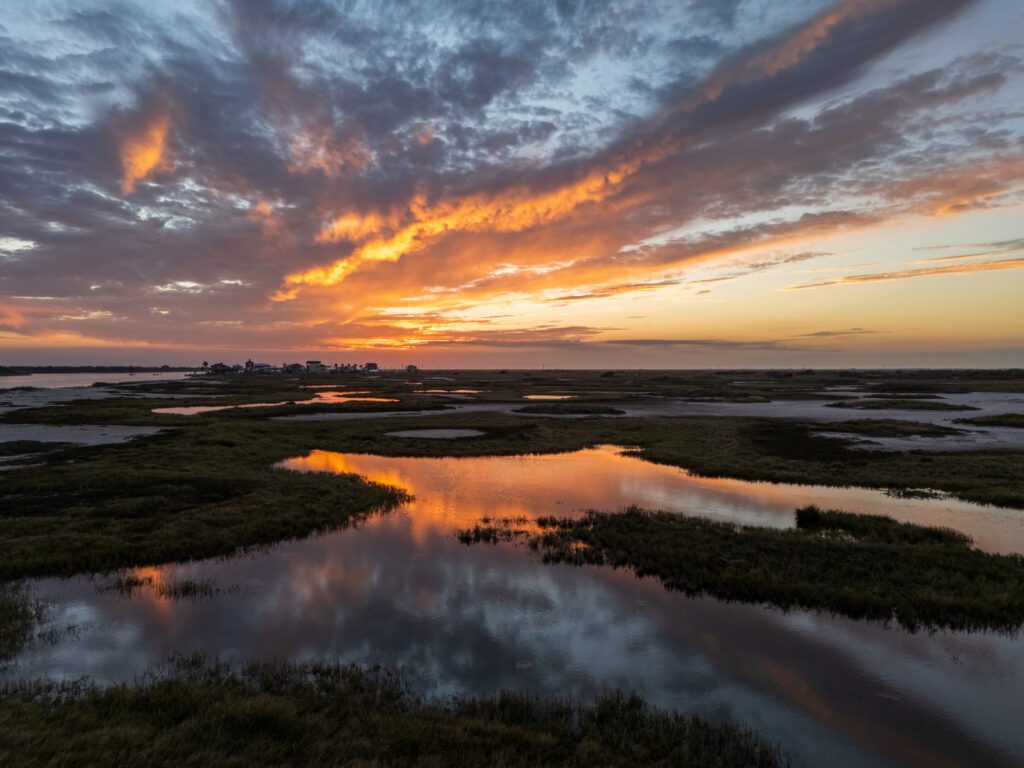
In a landmark conservation achievement for the Texas coast, a coalition of partners at the International Crane Foundation, The Conservation Fund, and the Coastal Bend Bays & Estuaries Program has secured permanent protection for more than 3,300 acres of high-priority wintering habitat for the federally endangered Whooping Crane, one of North America’s rarest and most endangered birds.
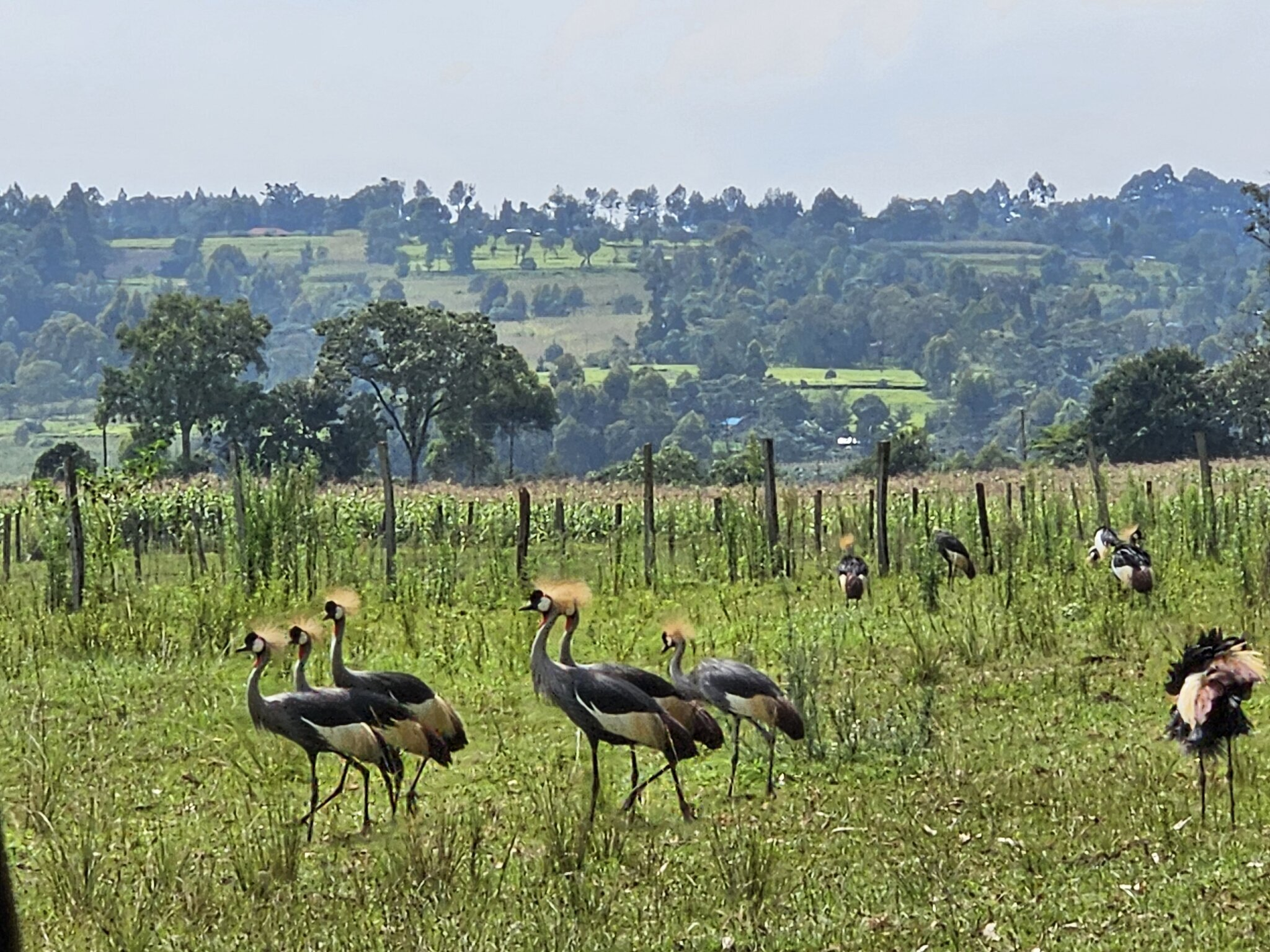


By the Numbers
The International Crane Foundation is making an impact for communities, cranes, and other species around the world.
500+
Students trained as wetland conservationists in Southeast Asia
7,000
Critically Endangered Siberian Cranes, nearly doubling over the last decade
30,000
Visitors to our Crane Discovery Center in Baraboo, Wis. each year
1 million+
Acres protected in Zambia’s Kafue Flats
HOW WE WORK
Our focus areas are scientifically grounded to make significant impact for cranes and their habitats, local communities, and the global conservation movement.
Working with communities living in and near key crane habitats to develop conservation plans that meet their health, economic, and livelihood needs.
Supporting the long-term management of key protected areas that safeguard cranes and local communities.
Educating visitors to the Foundation’s headquarters in Baraboo, Wis., about crane species and our global mission to safeguard cranes while improving human livelihoods and wellbeing.
Raising awareness about the importance of cranes and crane habitat conservation through TV, radio, social media, member newsletters, and in-person events.
Grounding all conservation work in sound scientific principles throughout all our research, data analysis, and decision making.
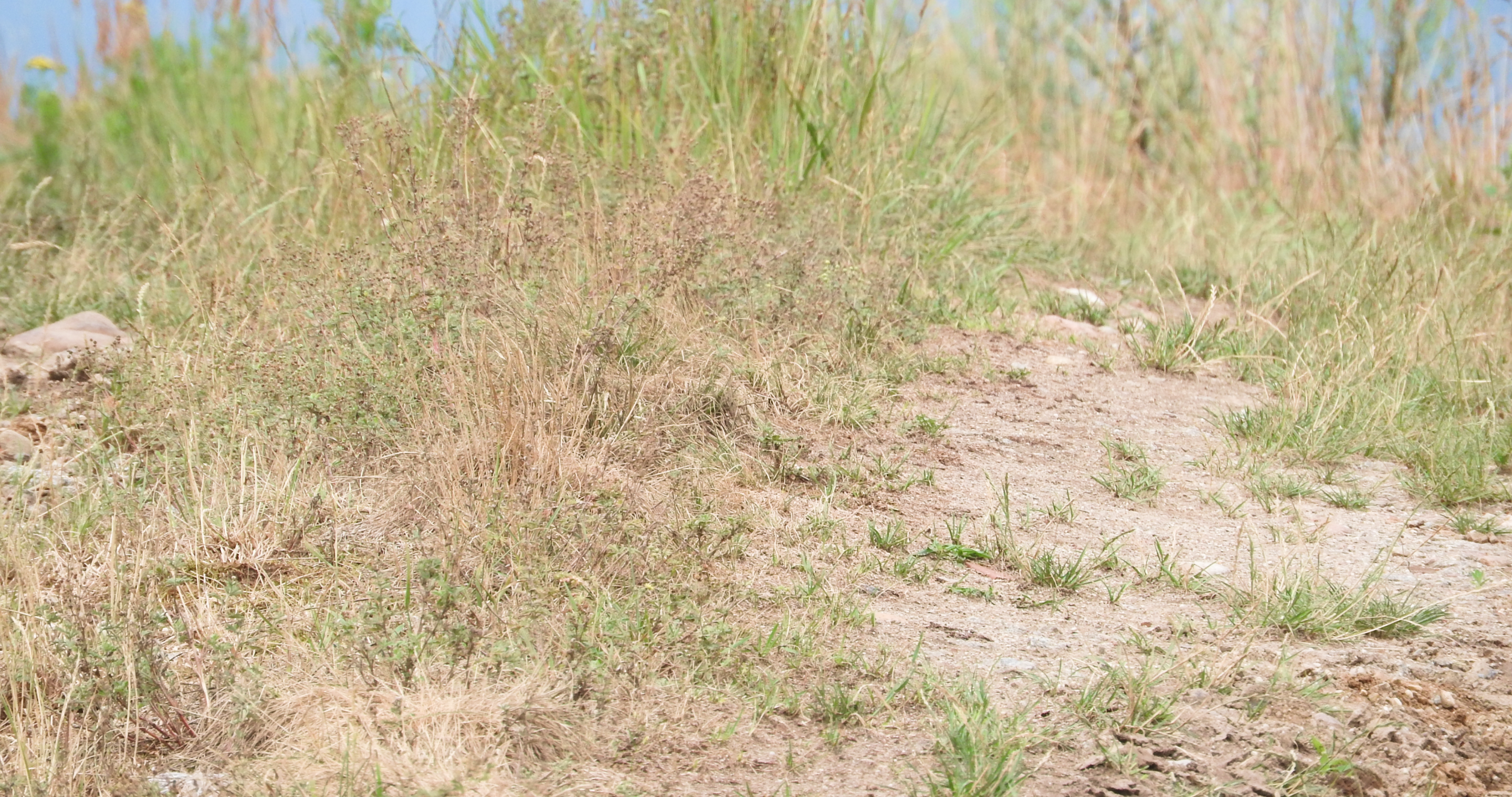

Working Together
We partner with governments, local communities, scientists, and donors worldwide to conserve crane habitats, develop sustainable solutions, and inspire positive change. By focusing on community-based conservation, education, and effective communication, we’re not just saving cranes—we’re improving livelihoods, fostering biodiversity, and tackling global ecological challenges.
Together, we’re creating a world where crane conservation leads to improved lives, healthy ecosystems, and a thriving planet. Please consider joining our cause.
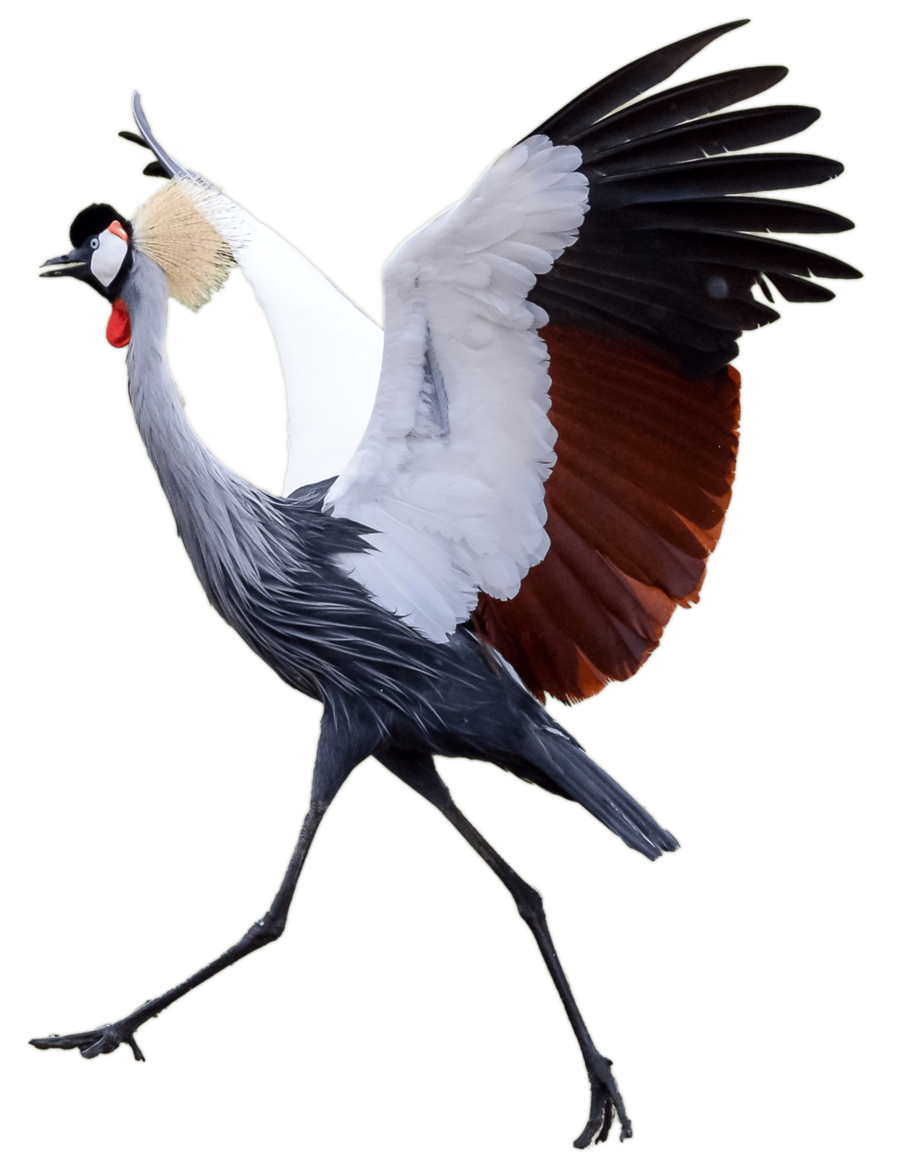
THE WORLD OF CRANES
Explore the beautiful world cranes, among the most endangered species of birds in the world, with ten of the 15 species threatened by extinction. Discover species, range maps, listen to crane calls, and learn why we’re all connected to cranes by culture and environment.
FLY WITH US
Sign up to get the latest research, reports, and news from the International Crane Foundation.
